Harare – A final-year student at Bindura University of Science Education has developed a breakthrough device that could reshape how solar batteries are protected and maintained in the renewable energy era.
Joe Panashe Nyika, an electronic engineering student set to graduate next month, unveiled his IoT-based Smart Battery Management System during the university’s Research and Innovation Week.
The system is designed to extend battery life, prevent theft, and improve safety. It features:
Real-time monitoring of voltage, current, and temperature.
Automated cooling, with a fan that activates when temperature rises above 27°C.
GPS tracking to locate stolen batteries.
Password-protected access, which blocks output voltage if the wrong code is entered.
“In the smart energy era, batteries are central to solar and backup power systems, yet they remain vulnerable to misuse and theft,” Nyika explained. “My system not only extends their lifespan but also boosts user confidence and safety.”
While battery-monitoring technologies already exist, Nyika’s innovation stands out by combining tracking with password-controlled security. He hopes to refine the prototype into a commercial product and pursue intellectual property protection.
At the event, Professor Norman Takaidza, Chief Director of Human Capital Planning and Skills Development at the Ministry of Higher and Tertiary Education, Innovation, Science and Technology Development, commended the innovation and emphasized the role of universities in driving Zimbabwe’s economic and social transformation.
“Our innovation story must be told,” Takaidza said. “Industry, government, and academia need to work hand in hand to move from research to commercialisation, creating real solutions and new jobs.”
He noted that Zimbabwe’s rich biodiversity offers further opportunities for drug discovery, industrial chemicals, and research-driven programmes. He also encouraged industries to co-invest in development and leverage international frameworks to position local innovations on the global stage.
For Nyika, the project represents not just an academic milestone but also a practical response to one of Zimbabwe’s growing challenges in renewable energy.



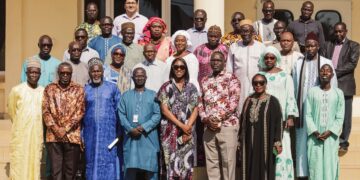
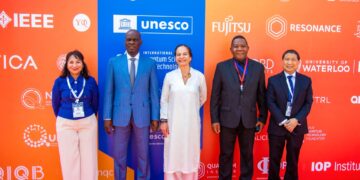

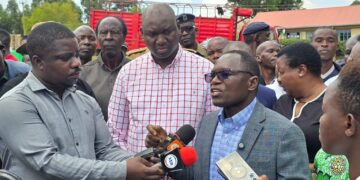





























































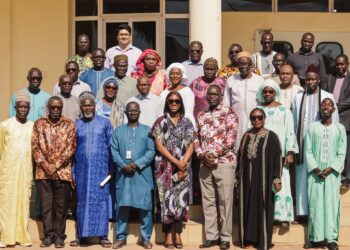
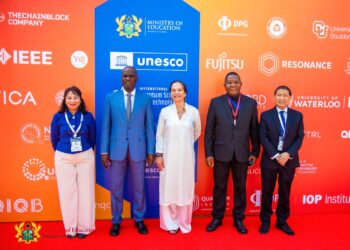
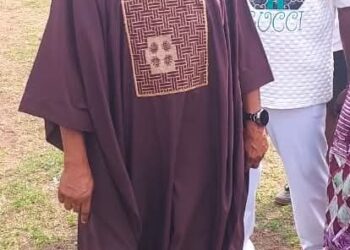
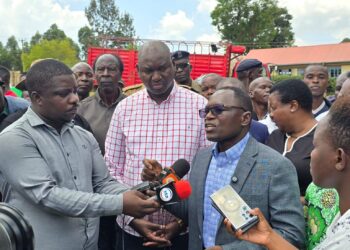











 EduTimes Africa, a product of Education Times Africa, is a magazine publication that aims to lend its support to close the yawning gap in Africa's educational development.
EduTimes Africa, a product of Education Times Africa, is a magazine publication that aims to lend its support to close the yawning gap in Africa's educational development.